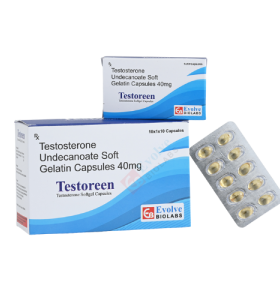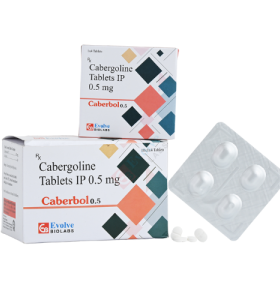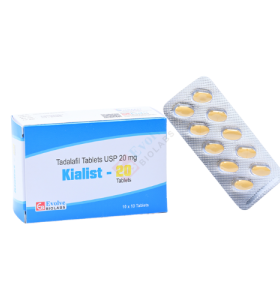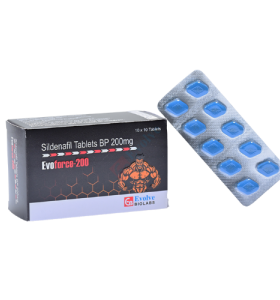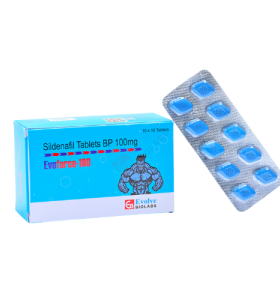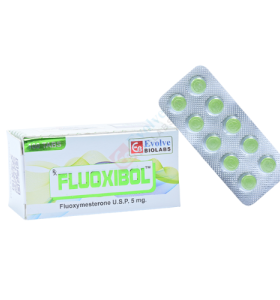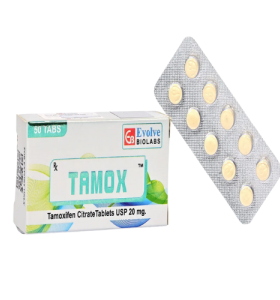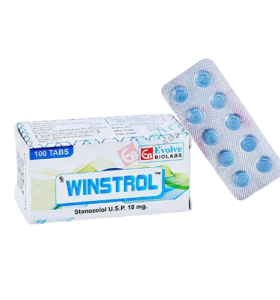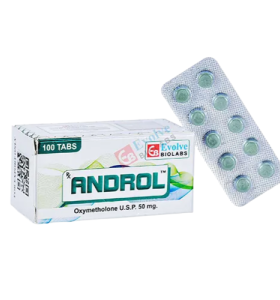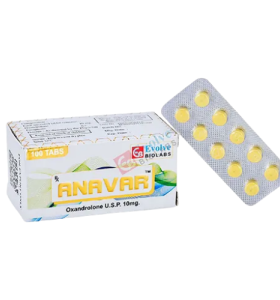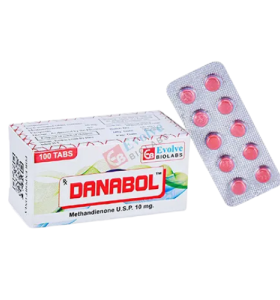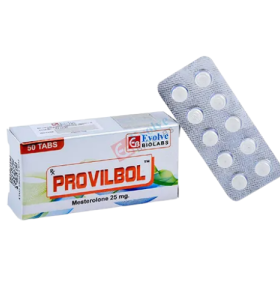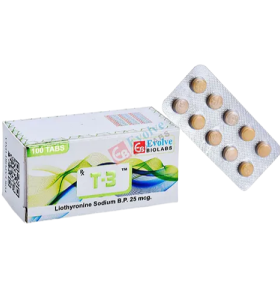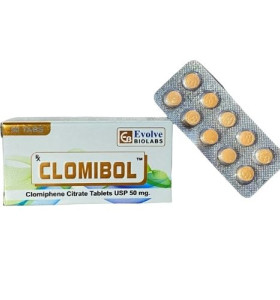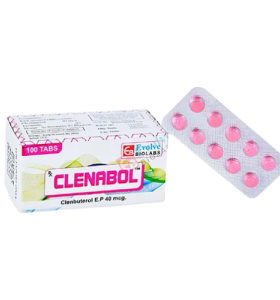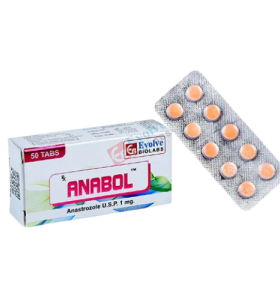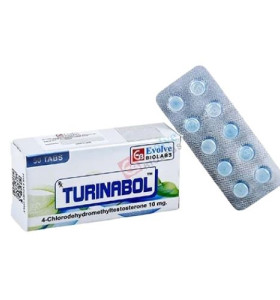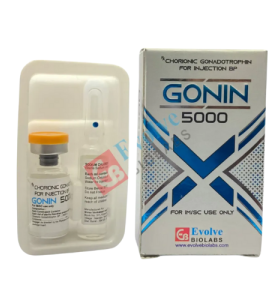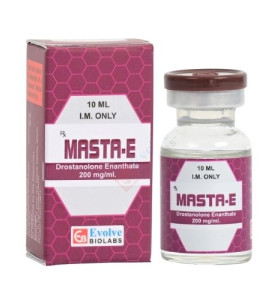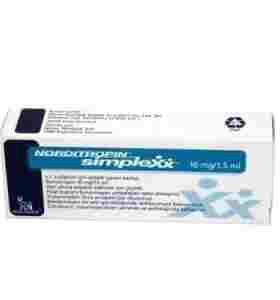Augmentin 1000 mg 14 Tablets Glaxosmithkline
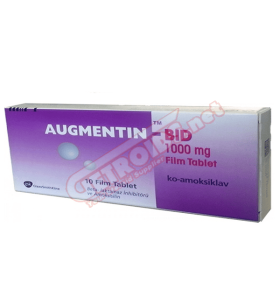
More Information
| Product Features | |
| CLASSIFICATION | NON-NARCOTIC ANALGESIC, ANTIPYRETIC, ANTIBIOTIC |
| ACNE | NO |
| WATER RETENTION | NO |
| HBR | NO |
| HEPATOTOXICITY | LOW |
| AROMATIZATION | NO |
| MANUFACTURER | Glaxosmithkline |
| SUBSTANCE | Amoxycillin, Clavulanic Acid, Moxifloxacin |
Shipping
$35 flat rate
Payment Methods
Crypto, Venmo, Zelle, Credit Card, WU, MG
Secure Shopping
Your data is protected with the highest security standards.
⚠️ WARNING: Potential Risks of Anabolic Steroids
Anabolic steroids can have significant effects on the body and should only be used under proper guidance. Misuse or unsupervised use can lead to health complications. These may include hormonal imbalances, liver strain, cardiovascular issues, psychological effects, and more.
If you choose to use anabolic steroids, it is essential to do so responsibly and only obtain them from trusted, verified sources.
Manufacturer: Glaxosmithkline
Substance: Amoxycillin, Clavulanic Acid, Moxifloxacin
Pack: 1 x 14 tabs (1000 mg/tab)
What is AUGMENTIN and what is it used for?
AUGMENTIN is a broad-spectrum antibacterial drug effective against many types of bacteria and microbes, acting by killing bacteria responsible for infections. It contains two different active ingredients, amoxicillin and clavulanic acid. Amoxicillin belongs to a group of drugs sometimes rendered ineffective (stopped working) called "penicillins," and the other active ingredient, clavulanic acid, prevents amoxicillin from becoming ineffective. AUGMENTIN is available in the form of a dirty white dry powder in boxes containing 10 or 20 sachets.
The clavulanic acid activity contained in AUGMENTIN is produced from raw materials obtained from cow's milk in the production of equivalent potassium clavulanate.
AUGMENTIN is used in adults and children for the short-term treatment of bacterial infections caused by bacteria sensitive to AUGMENTIN in the following conditions:
• Acute bacterial sinusitis (diagnosed appropriately)
• Acute otitis media (acute inflammation of the middle ear)
• Acute exacerbations of chronic bronchitis (diagnosed appropriately)
• Community-acquired pneumonia (lung inflammation occurring during daily life)
• Cystitis (inflammation of the bladder)
• Skin and soft tissue infections, including especially cellulitis (subcutaneous infection), animal bites, severe dental abscesses associated with spreading cellulitis
• Bone and joint infections, especially osteomyelitis (bone inflammation)






















 Ask us anything on Telegram!
Ask us anything on Telegram! 